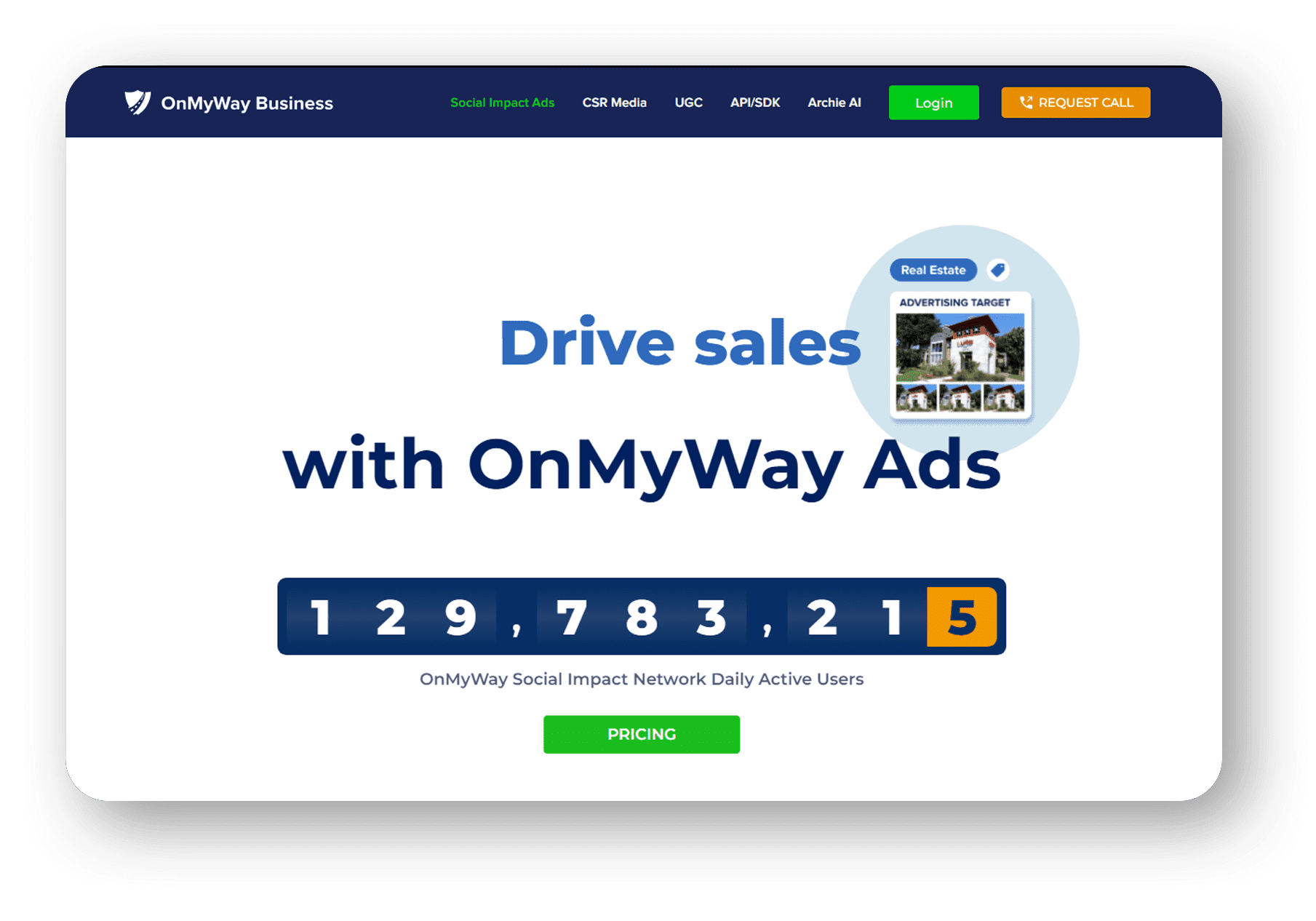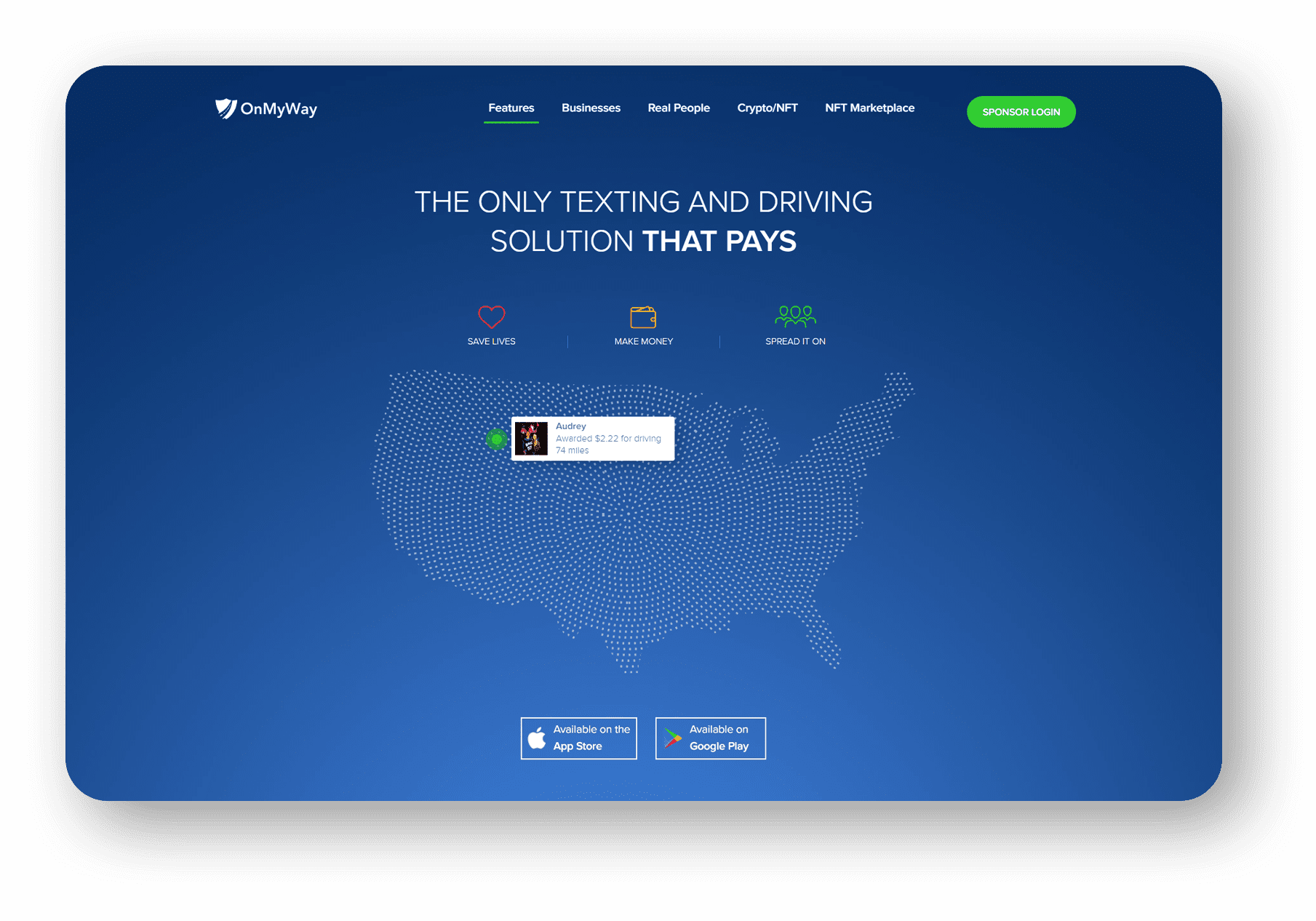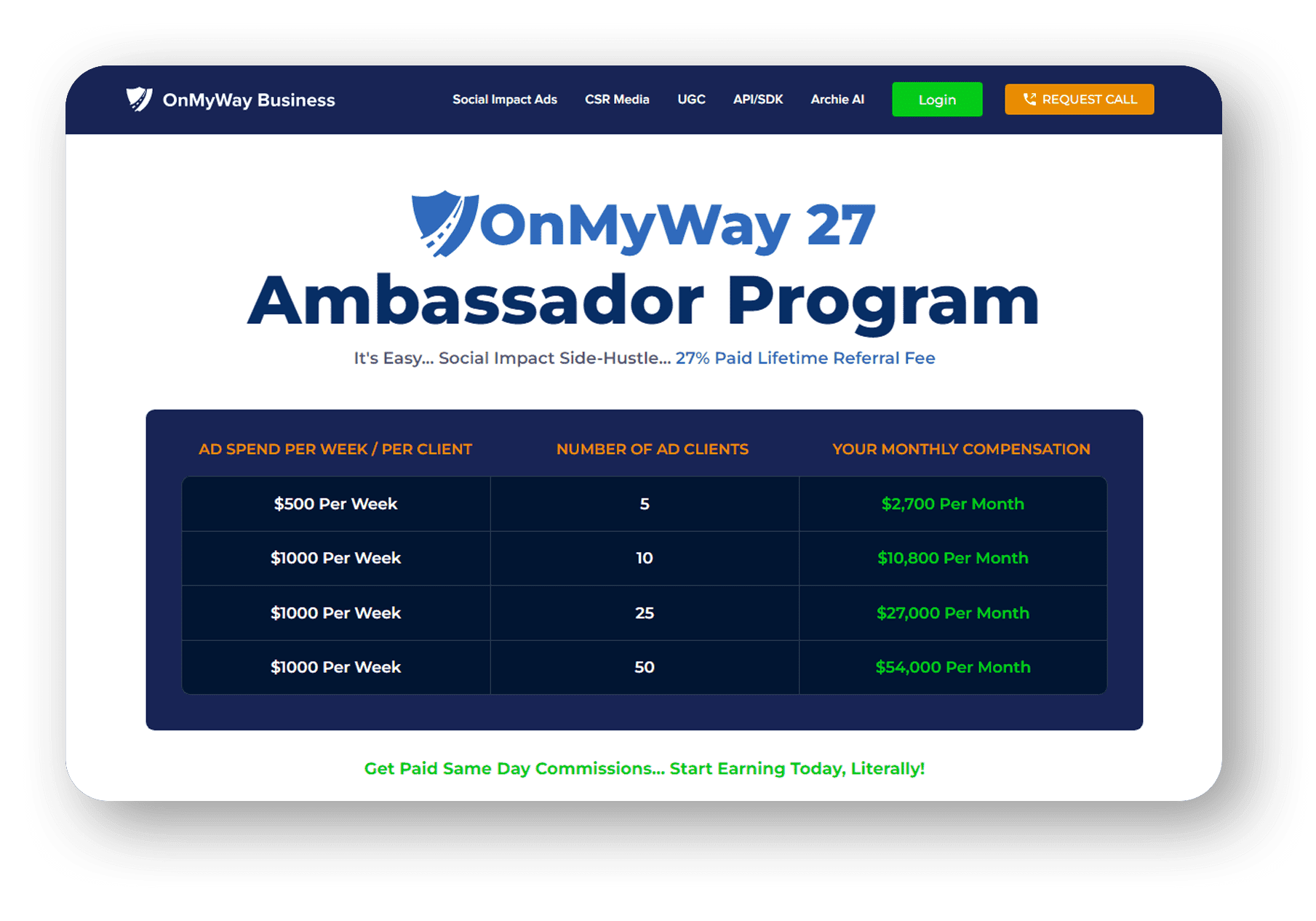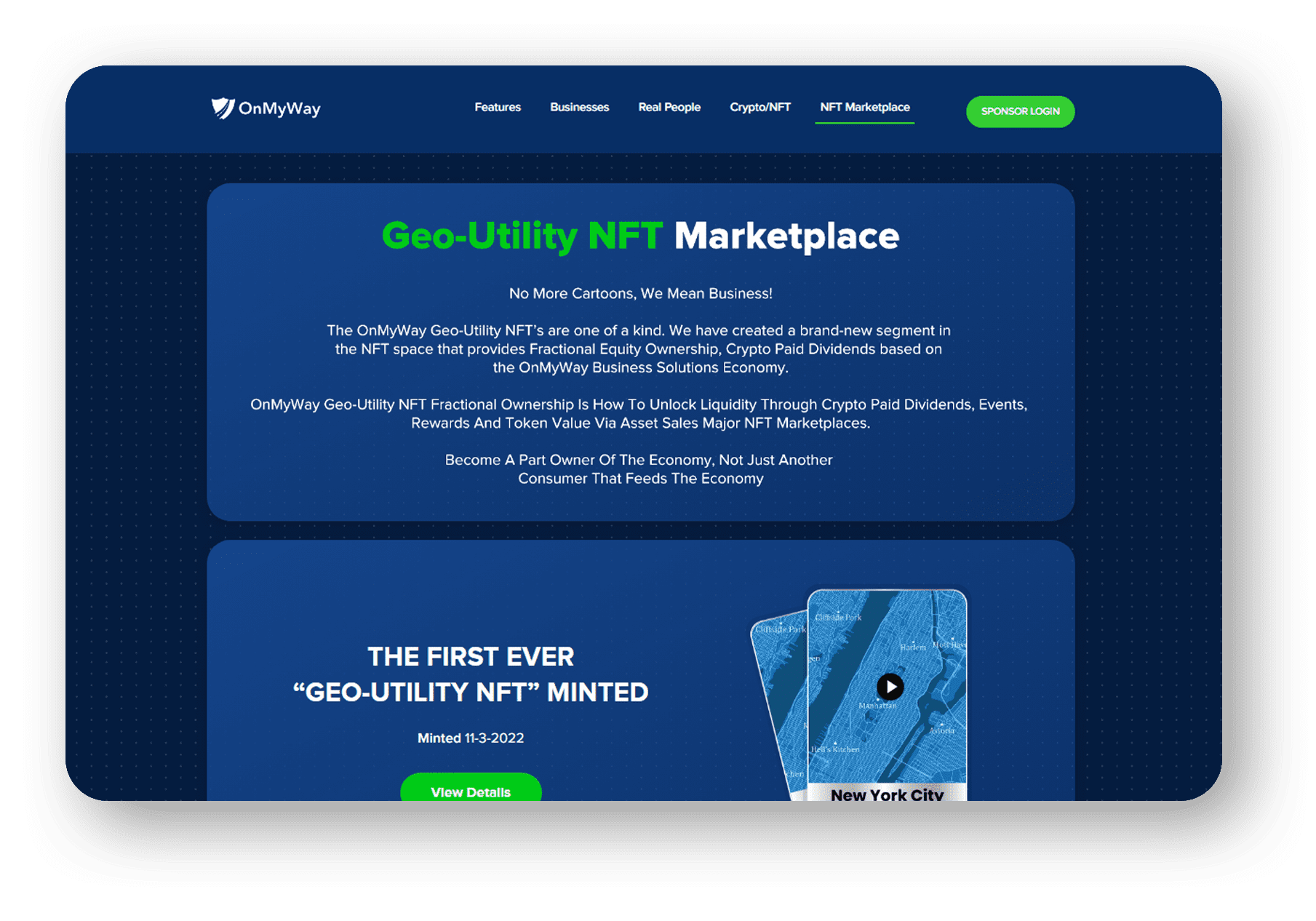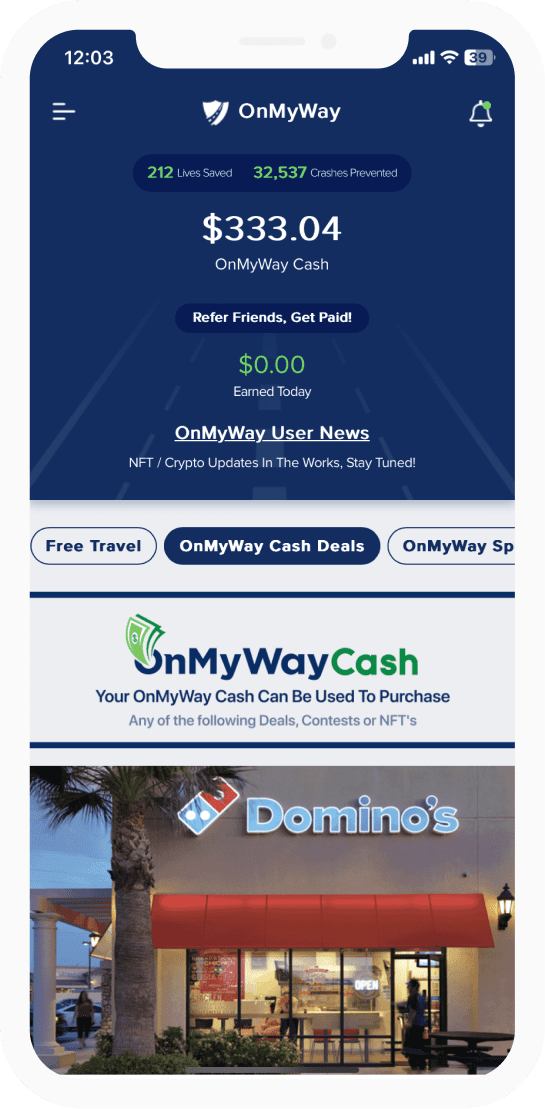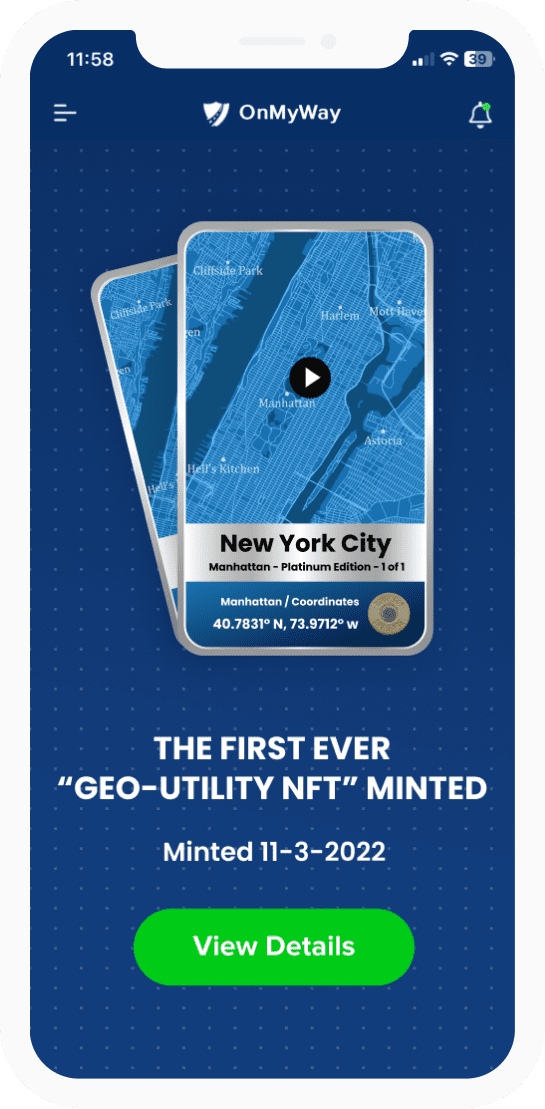
Since its official recognition as a federal holiday in 2021, Juneteenth has gained broader acknowledgment beyond the boundaries of Black America. This has resulted in a wider range of individuals receiving the day off from work or school, and an abundance of street festivals, fairs, concerts, and various other events being organized to honor the occasion.
By conducting an online search, you will come across a wide array of events taking place in major cities and suburban areas, each presenting a distinct range of scale and atmosphere. Among them, you will find festive gatherings reminiscent of carnivals, featuring food trucks, arts and crafts exhibitions, and parades. Within these celebrations, one can often access professionals from various fields such as healthcare, finance, and community resources. Additionally, there are concerts and fashion.
This news, however, took two and half years to reach Galveston, where Granger marched through the streets to deliver the news: “The people are informed that in accordance with a Proclamation from the Executive of the United States all slaves are free. This involves an absolute equality of personal rights of property, between masters and slaves, and the connection heretofore existing between them, become that between employer and hired labor. The freed are advised to remain at their homes, and work for wages.”
At the time, more than 250,000 Black people were still enslaved in Texas. Copies of the ordinances were posted in public places and at the Negro Church on Broadway in Galveston, renamed the Reedy Chapel African Methodist Episcopal Church. And the enslaved acknowledged their freedom with great joy and jubilation.
The first major celebration was held June 19, 1866, by the freedmen of Galveston. The aptly named “Jubilee Day” was celebrated with drinks and food at picnics, where people played games and music and danced. In addition to celebrating freedom and cultural heritage, this was a day to learn about their rights as American citizens, grass roots politics, voter registration and the importance of education. It wasn’t until the 1890s that Juneteenth became the official name of this holiday, honoring the day when the news of the “forever free” was finally heard by thousands of enslaved people in Galveston.
Since it took 2.5 years for the news to spread from Washington, D.C., to Galveston, Texas, Opal Lee decided in September 2016 that she would walk 2.5 miles to raise awareness of the holiday that had mainly been celebrated by African Americans. “Juneteenth is a day of remembrance for all people, not just for the descendants of American slaves,” she famously said. “People need to know that it’s not a Black thing, or a Texas thing. Freedom is for everybody; if it’s not, we’re not free.”
Granger delivered General Order No. 3, which said: “The people of Texas are informed that, in accordance with a proclamation from the Executive of the United States, all slaves are free. This involves an absolute equality of personal rights and rights of property between former masters and slaves, and the connection heretofore existing between them becomes that between employer and hired labor.”
Slavery was permanently abolished six months later, when Georgia ratified the 13th Amendment. And the next year, the now-free people of Galveston started celebrating Juneteenth, an observance that has continued and spread around the world. Events include concerts, parades and readings of the Emancipation Proclamation.
But Juneteenth didn’t become federally-recognized until 2021, when President Joe Biden signed legislation adding it to the government holiday calendar after both its name and significance rose to the forefront of national conversations the previous year with the resurgence and momentum of the Black Lives Matter movement.
The U.S. federal government now recognizes 12 holidays, including Juneteenth, according to the U.S. Department of Commerce. When Mr. Biden approved the law two years ago, he noted during a White House ceremony that a national holiday had not been established since one was declared in 1983 to honor the birthday of Martin Luther King, Jr.
The origins of Juneteenth date back to June 19, 1865, when Maj. Gen. Gordon Granger, a U.S. Army officer and Union General during the Civil War, issued an order in Galveston, Texas, announcing that all slaves were free under the Emancipation Proclamation. About 250,000 Black people enslaved in Texas were the last in the country to receive notice of the proclamation, which President Abraham Lincoln had signed into law more than two years prior granting freedom to all enslaved people in Confederate states.
Despite its passage, the law could not be enforced in Confederate territories before the end of the Civil War in April 1965, the National Museum of African American History and Culture in Washington, D.C., writes, noting that slavery still would not be abolished nationwide until the 13th Amendment was ratified in December of that year.
Because news of the Emancipation Proclamation reached enslaved people in different parts of the U.S. at different times, states in the past have observed Juneteenth on various dates. In Florida, advocates in 2021 encouraged the state to recognize Emancipation Day on May 20, when enslaved people there were notified of the order. In Washington, D.C., Emancipation Day has historically been recognized city-wide on April 16, the day in 1862 when President Lincoln signed the law in the nation’s capitol to abolish slavery.
On June 19, 1865, Maj. Gen. Gordon Granger informed a reluctant community in Galveston, Texas, that President Abraham Lincoln had freed enslaved people in rebel states two and a half years earlier. He pressed locals to comply with the directive.
Although Lincoln proclaimed the emancipation of enslaved people, effective Jan. 1, 1863, enslavers were responsible for telling them that they were free, and some ignored the order until Union troops arrived to enforce it, according to Cliff Robinson, founder of Juneteenth.com. Texas was the last Confederate state to have the proclamation announced.
The first Juneteenth celebration, held in the state’s capital in 1867, was led by Freedmen’s Bureau. It became part of the calendar of public events by 1872, according to the Texas State Historical Association.
Though the holiday occurs in the summer break for the majority of school districts, some strive to provide resources or lessons for the community, such the Chicago Public School system, which tweeted out a list of Juneteenth celebrations across the city for families or the Willingboro Township school district, in New Jersey, which hosts a district-wide arts performance.
OVERVIEW
OnMyWay Is The #1 Distracted Driving Mobile App In The Nation!
OnMyWay, based in Charleston, SC, The Only Mobile App That Pays its Users Not to Text and Drive.
The #1 cause of death among young adults ages 16-27 is Car Accidents, with the majority related to Distracted Driving.
OnMyWay’s mission is to reverse this epidemic through positive rewards. Users get paid for every mile they do not text and drive and can refer their friends to get compensated for them as well.
The money earned can then be used for Cash Cards, Gift Cards, Travel Deals and Much, Much More….
The company also makes it a point to let users know that OnMyWay does NOT sell users data and only tracks them for purposes of providing a better experience while using the app.
The OnMyWay app is free to download and is currently available on both the App Store for iPhones and Google Play for Android @ OnMyWay; Drive Safe, Get Paid.
Download App Now – https://r.onmyway.com
Sponsors and advertisers can contact the company directly through their website @ www.onmyway.com



